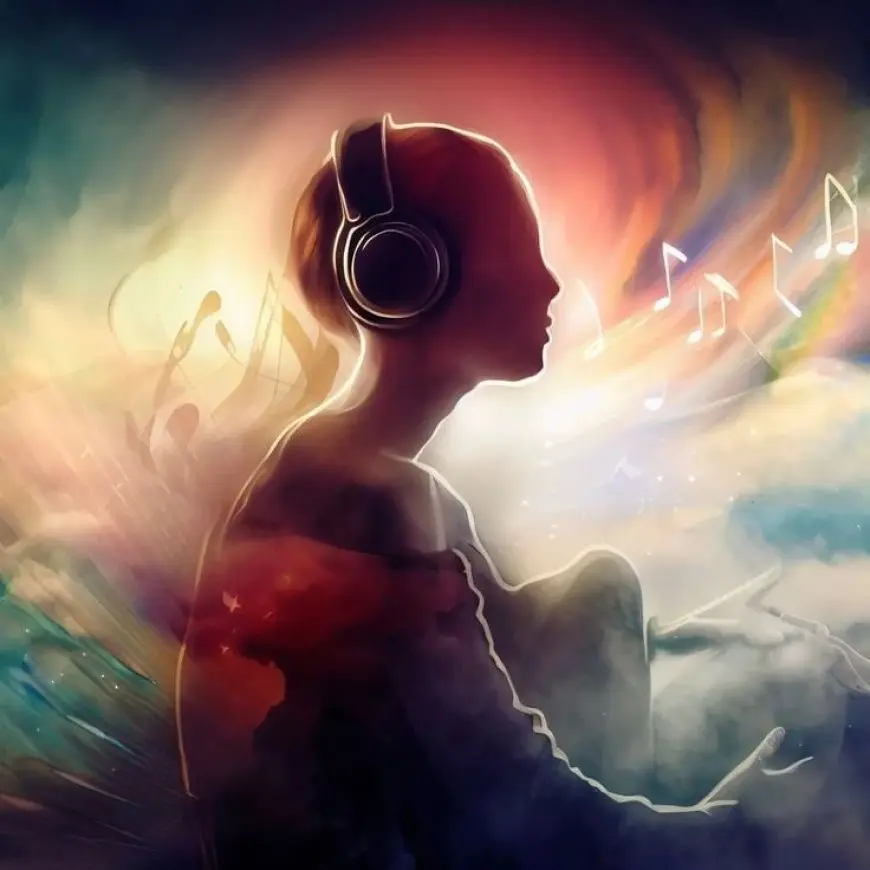How Classical Music Has Influenced Modern Soundtracks
How Classical Music Has Influenced Modern Soundtracks

Classical music has long been a cornerstone of musical education and artistry, with its intricate compositions, emotive power, and timeless appeal. Over the centuries, its influence has permeated many forms of art, including the evolving world of film scoring and modern soundtracks. Classical music has not only shaped how movie scores are composed but has also set the standard for emotional depth and narrative enhancement in contemporary films. From epic blockbusters to intimate indie films, classical music’s legacy is evident in how modern composers craft soundtracks that resonate with audiences on a profound level.
At the heart of classical music's influence on modern soundtracks is its ability to evoke powerful emotions through orchestration. Classical composers like Ludwig van Beethoven, Wolfgang Amadeus Mozart, and Johannes Brahms mastered the art of using music to underscore complex human emotions. Their works relied on the full range of an orchestra, employing strings, brass, woodwinds, and percussion to create sweeping, dramatic, or somber moments. This orchestral arrangement has found its way into the composition of many contemporary soundtracks, where composers often use large orchestras to convey similar emotional depth and storytelling power.
Modern film composers such as John Williams, Hans Zimmer, and Ennio Morricone have drawn inspiration from classical music’s rich tradition, adapting its forms and techniques to enhance the cinematic experience. Williams, known for his work on Star Wars and Indiana Jones, often uses sweeping brass fanfares, intricate strings, and bold themes that hark back to the grandeur of 19th-century classical compositions. Similarly, Zimmer's scores for films like Gladiator and The Dark Knight blend classical orchestrations with contemporary electronic elements, creating a hybrid style that still carries the emotive weight of classical music.
Classical music has also influenced the structure of modern soundtracks. Many film scores are built around themes and motifs, a concept borrowed directly from classical symphonies. The use of recurring musical themes associated with specific characters or moments within a film helps to create a sense of continuity and emotional resonance, much like how classical composers employed leitmotifs in operas and symphonic works. The theme for Superman, composed by John Williams, is an example of how a strong, heroic melody can encapsulate a character's essence and remain a part of the cultural consciousness for generations.
Additionally, classical music’s intricate techniques, such as counterpoint, harmony, and orchestral dynamics, have been adopted by film composers to add layers and complexity to their soundtracks. The ability to balance multiple melodies, harmonies, and rhythms in a seamless way is an art form that classical music perfected, and its influence is evident in soundtracks that feature complex, multi-layered compositions. Film scores often rely on these sophisticated methods to create tension, anticipation, and resolution within a scene, mirroring the structural sophistication of classical symphonies.
In recent years, classical music's influence has extended beyond traditional orchestral arrangements to more experimental territories. Composers are blending classical traditions with modern technologies, such as electronic sound design, to create unique hybrid scores. The integration of these new sounds alongside classical motifs allows composers to push boundaries while maintaining the emotional and structural principles rooted in classical music.
Classical music’s impact on modern soundtracks is not just limited to orchestral scores but also to how music is used in films to enhance storytelling. A well-placed classical piece, such as a powerful Beethoven piano sonata or a moving orchestral excerpt from Tchaikovsky, can add layers of meaning to a scene, helping to highlight a character’s internal struggle or the film’s central themes. The relationship between classical music and film is symbiotic, with each influencing the other in ways that deepen the viewer’s emotional engagement with the story.
As modern films continue to evolve, the influence of classical music remains an essential part of the soundtrack landscape. Its ability to express a range of human emotions, coupled with its structural complexity, ensures that classical music will continue to inspire and shape the future of film music.







